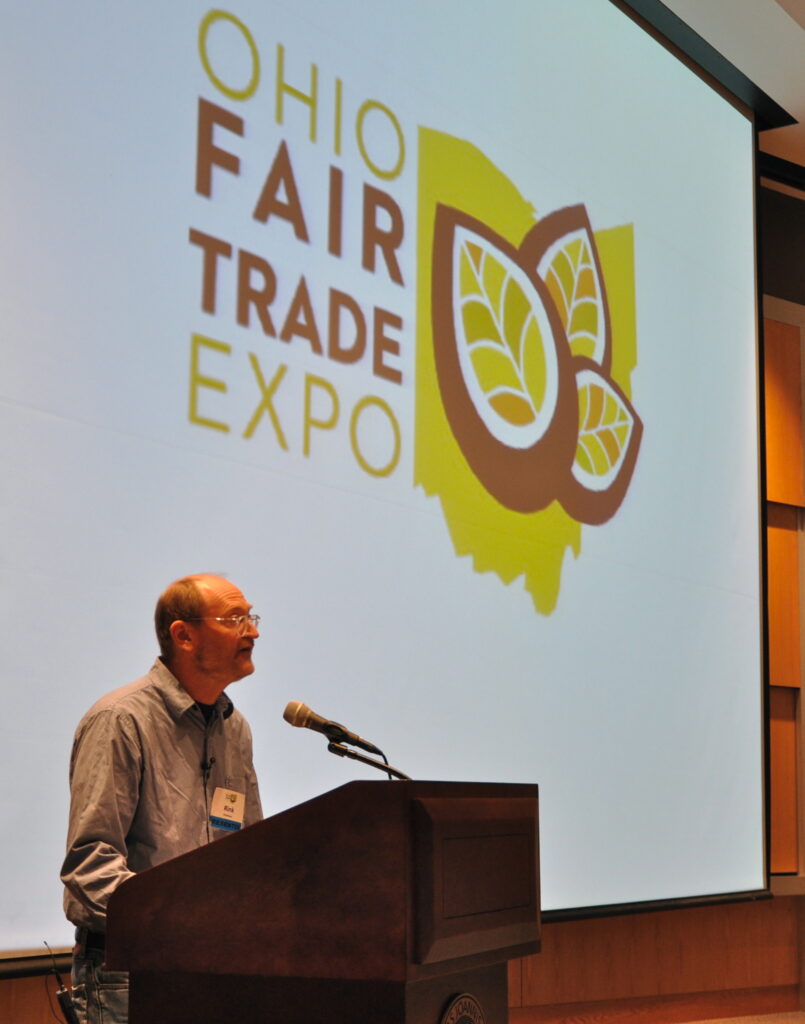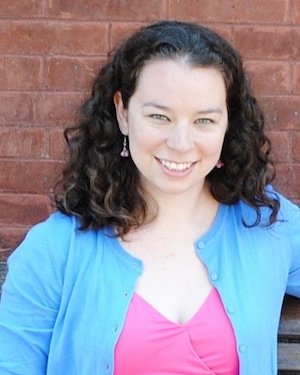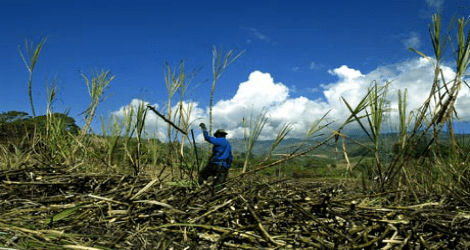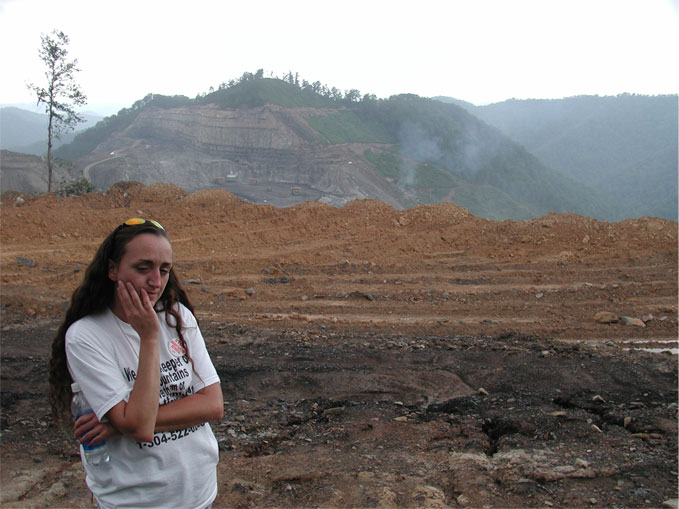A Presbyterian Hunger Program Article
Excerpt of a speech by Rink Dickinson, co-Executive Director and co-Founder of Equal Exchange
Last Fall, Rink Dickinson, a co-founder of Equal Exchange, delivered a speech reflecting on Fair Trade and analyzing recent developments in the movement. Over 25 years’ worth of gains in Fair Trade (which aims to support small-scale, marginalized and impoverished farmers) are at risk as corporations have begun to dominate the movement. While we would like to be able to celebrate corporations’ support of fair wages and community development, in recent months this has led to an overall lowering of Fair Trade certification standards, actually undermining the very people Fair Trade was meant to help.
Excerpt of Speech
Because we are moving rapidly towards a time where all kinds of products will claim to be fair trade due to the weakening and betrayal of fair trade, we need to build our skills to understand how trade works and what real fair trade looks like. By examining supply chains it becomes clear what authentic fair trade looks like.
Fair trade is for small farmers and small producers who are democratically organized. If you take the democracy out, you have traditional aid or World Bank development. Fair trade is about access for those small producers. By slowly developing over time small farmers and producers can build networks and enter commercial supply chains. When they succeed, there are benefits for their communities. That’s what fair trade is all about. If you want the fastest supply chain that produces the most tea or coffee or bananas at commercial terms, you have entered into the socially responsible product world for which there are many examples. It just isn’t fair trade, and it won’t have the same positive benefits.
The gravest threat is the ongoing lowering of fair trade standards to the point where real fair trade groups cannot compete in the market, because fair trade in name becomes cheap and access is actually worse than it was before this movement started. It is the coffee producer’s greatest fear and that fear is absolutely justified.
Authentic small farmer fair trade is the trade model that actually has impact on lives and creates positive development. It is the model that Americans think they are supporting and want to support. These products can be identified by the companies that support authentic small farmer trade and by a small farmer seal that is about to be launched by our friends from CLAC [the small producers’ association of Latin America].
There is an opportunity to keep developing based on the real accomplishments that have been achieved from Peru to South Africa to Ohio. Hundreds of organizations have taken risk, created supply chains, gone through powerful development processes, failed, and succeeded and failed and succeeded another time. These organizations and their members and supporters are the real fair trade movement.
For us to be in the right path between these threats and opportunities we need each other. Coffee cooperatives like Las Colinas in El Salvador need us. We are linked and we build each other probably more than we often understand. Now is the time to shine the light brightly. Let us ask the stores we shop in what type of fair trade (if any) they participate in. Let’s ask Dunkin Donuts, and Starbucks, and Green Mountain to develop their position on small farmers and plantations. Let’s describe what happens slowly over time when a real small-farmer-to-consumer supply chain is built – and how different that is on every level from simply deeming an existing supply chain to be fair.
Go to the Presbyterian Fair Trade website
The Presbyterian Hunger Program (PHP) is concerned that Fair Trade stay strong in order to continue lifting small-scale producers out of poverty. We encourage you to read Rink’s speech in its entirety, discuss it in your congregation, and continue purchasing from and advocating on behalf of small-scale producers. See a list of companies that support small farmer fair trade.
_______________
Rink Dickinson graduated from SUNY Binghamton in 1980 and then MIT Planning School in 1986. During that time at MIT, he was founding Equal Exchange with two other co-founders. He has remained with Equal Exchange since the beginning during which time Equal Exchange has steadily grown and developed. At this point Equal Exchange is one of the leading alternative trade organizations in the world and one of the leading worker coops in the country.




Unbound Social